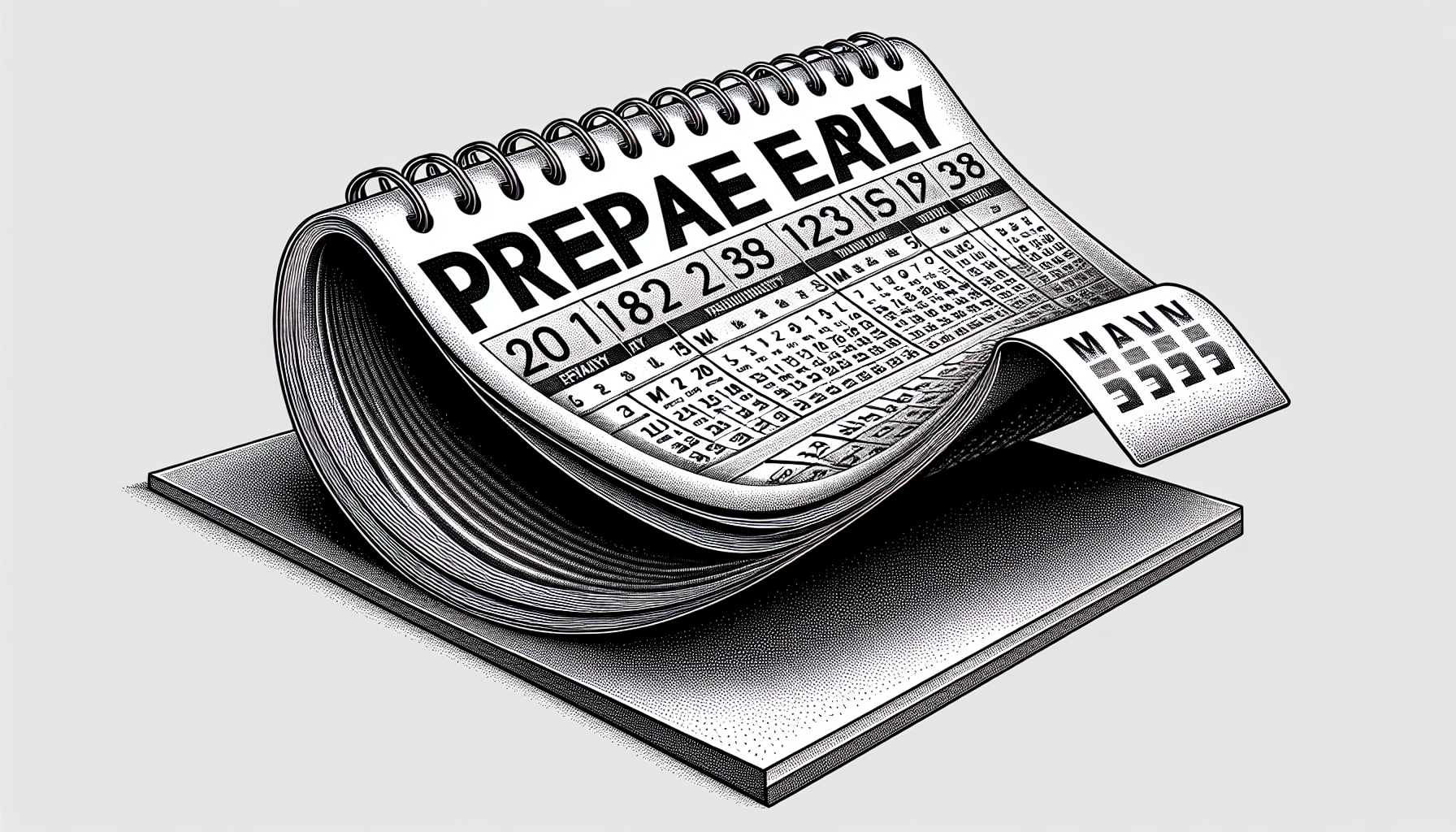Adventures in Lab Coats: The Journeys of Clinical Laboratory Scientists

Traveling clinical laboratory scientists are not merely professionals; they are adventurers who step into new communities and cultures with every assignment. Their work can lead them to major metropolitan areas, where they manage high-volume testing in state-of-the-art hospitals, or to underserved rural regions, where their expertise is vital in delivering essential healthcare services. Consider the story of Sarah, a clinical laboratory scientist who recently completed an assignment in a small town in Montana. “I had never been to a place so remote before,” she recalls. “The lab was small, and we had limited resources, but I quickly learned to adapt. I found myself doing everything from running samples to teaching locals about the importance of lab work in healthcare.” Sarah’s experience demonstrates the adaptability required in this profession, where each new environment presents its own set of challenges and learning opportunities.
The Challenges Faced
Despite the rewarding nature of their work, traveling lab scientists encounter a myriad of challenges. The fast-paced nature of travel can be demanding, often necessitating that they swiftly acclimate to new labs, protocols, and colleagues. “Every assignment is a new adventure, but it can also be overwhelming,” shares Tom, another traveling lab scientist. “You have to be flexible and ready to think on your feet. Sometimes, you’re thrown into situations that are completely outside your comfort zone.” The logistics of travel further complicate their roles. From securing suitable accommodations to managing time efficiently, these professionals must juggle multiple responsibilities while upholding high standards of work. “I’ve learned to pack light and prioritize what I need for each assignment,” Tom adds. “It’s all about being prepared for anything.” This preparation often extends beyond mere packing; it encompasses mental readiness and the ability to adapt to unfamiliar environments.
The Rewards of the Journey
Despite the hurdles, the rewards of being a traveling clinical laboratory scientist are immense. The opportunity to impact various communities profoundly is one of the most significant aspects of this role. These professionals often fill crucial gaps in healthcare, ensuring that patients receive timely diagnoses and treatments, regardless of their geographical location. Additionally, the personal growth that accompanies these experiences is invaluable. Traveling lab scientists gain a broader perspective on healthcare, learning how different regions address medical challenges. For instance, while working in a coastal clinic in Florida, Sarah observed how local health issues were influenced by environmental factors, such as hurricanes and flooding. “It opened my eyes to the broader context of healthcare and the importance of community engagement,” she reflects.
Cultural Experiences and Personal Connections
One of the most enriching aspects of being a traveling clinical laboratory scientist is the opportunity to immerse oneself in diverse cultures. From sampling local cuisines to participating in community events, these professionals often forge deep connections with the people they serve. “I’ve made friends for life in every place I’ve worked,” Sarah affirms. “Each community has its own story, and I feel privileged to be a part of it, even if just for a short time.” These connections often extend beyond professional boundaries, creating a network of relationships that enrich both the scientist’s life and the community’s healthcare experience. The cultural insights gained through these interactions enhance their understanding of patient needs and improve the quality of care provided.
The journeys of traveling clinical laboratory scientists are filled with adventure, adaptation, and meaningful connections. As they navigate the complexities of various healthcare environments, these professionals not only enhance their skills but also enrich the communities they serve. Their stories remind us of the vital role that laboratory science plays in healthcare and the profound impact that dedicated individuals can have across the globe. For those considering a career as a traveling clinical laboratory scientist, the path is not only a professional journey but also a personal adventure that has the potential to shape lives and communities for the better. As the demand for clinical laboratory scientists continues to grow, so too does the opportunity for these adventurers to make a lasting difference in diverse settings, reinforcing the essential nature of their work in the healthcare landscape.
Travel Medical Laboratory Scientist
AMN Healthcare, Cross Country Medical Staffing Network, local hospitals
Core Responsibilities
Conduct laboratory tests in various clinical settings, adapting to different protocols and equipment.
Collaborate with healthcare teams to ensure accurate and timely diagnostic results across diverse communities.
Provide training and support to local staff on laboratory procedures and best practices.
Required Skills
Strong adaptability and problem-solving skills to thrive in varied environments.
Proficiency in laboratory techniques and knowledge of quality control standards.
Experience with electronic health records (EHR) systems.
Clinical Laboratory Manager
Quest Diagnostics, LabCorp
Core Responsibilities
Oversee laboratory operations, ensuring compliance with regulatory standards and quality assurance protocols.
Manage laboratory staff, including hiring, training, and performance evaluations.
Develop and implement policies and procedures to enhance laboratory efficiency and accuracy.
Required Skills
Leadership and management skills, with a focus on team development.
In-depth knowledge of laboratory technology and methodologies.
Strong communication skills for effective collaboration with healthcare professionals.
Molecular Laboratory Scientist
Genentech, Illumina
Core Responsibilities
Perform molecular diagnostic testing, including PCR and sequencing, to detect genetic disorders and infectious diseases.
Analyze and interpret complex data to provide accurate laboratory results to clinicians.
Stay updated on advancements in molecular technology and implement new tests as needed.
Required Skills
Expertise in molecular biology techniques and laboratory instrumentation.
Attention to detail and strong analytical skills for data interpretation.
Experience in research or clinical settings focusing on molecular diagnostics.
Blood Bank Technologist
American Red Cross
Core Responsibilities
Manage blood donation and transfusion processes, ensuring safety and compliance with regulations.
Perform serological tests and cross-matching to verify compatibility between donors and recipients.
Educate patients and healthcare providers about blood products and transfusion procedures.
Required Skills
Specialized knowledge in immunohematology and blood bank operations.
Ability to work under pressure and handle emergencies involving blood product management.
Certification as a Medical Laboratory Scientist (MLS) or equivalent.
Quality Assurance Analyst in Laboratory Services
Core Responsibilities
Evaluate laboratory processes and procedures to ensure compliance with quality standards and regulations.
Conduct audits and assessments of laboratory practices and recommend improvements.
Collaborate with laboratory staff to develop training programs aimed at enhancing quality and safety measures.
Required Skills
Strong understanding of laboratory quality management systems (QMS) and regulatory requirements.
Excellent organizational and analytical skills for data evaluation and reporting.
Experience in quality assurance or compliance roles within clinical laboratory settings.


